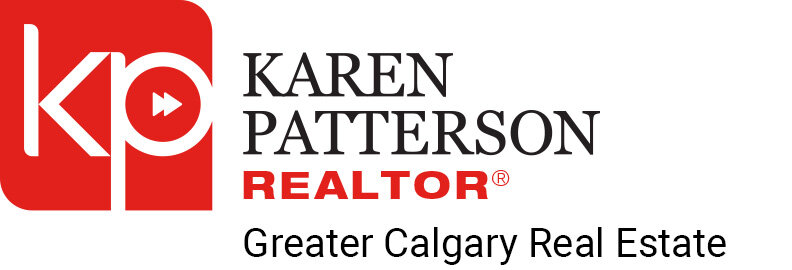
Investing
Thinking of building an investment portfolio? Is today even a good time to invest? What are your investing goals?
Perhaps you are a landlord looking to expand his/her rental property portfolio or would like to take advantage of the buyer’s market and start a property investment portfolio?
With interest rates so low, it is a good time and somewhat of a smorgasbord to choose from in terms of inventory, style selection, price point, locations, etc. However, property investors looking for new rentals should know that the high-end corporate executive rental market has fallen off, it is not anywhere close to what it was in 2012-2014, or even 2015. Many landlords in Calgary have had to take a hit of 20-30% or so from rents asked 18 months earlier. Sure, the corporate market will pick up, however, when that happens, we are not sure. You can go onto www.rentfaster.ca and see how many homes are for rent in a particular style or community.
Taking the balanced route is a good way to purchase in this market. Spread the risk in the mid-level, where you capture the largest resale buyer audience and the rental market. Kind of like playing a swift game of Monopoly = you do not want to just end up with Park Avenue and Boardwalk, you want to spread the risk. Too expensive to maintain, whereas other properties on the board are easier to maintain, and still reap rewards. Investing in the city during this market condition, or any market, is not much different. Let us take a closer look at some useful calculation tools.
I would strongly suggest first talking to your personal accountant/mortgage broker/bank before running out and adding stock to your property portfolio.
Loan to Value Ratio
A ratio comparison between the value of your loan and the value of your home. To determine your LTV, your lender will divide your loan amount by the lesser of the home's appraised value or purchase price. For example: Buyer puts down $75 000 on a $500 000 home; LTV ratio would be 85% required loan to complete the purchase. The higher the LTV, the more risk involved for the lender.
The bank could ask for a home appraisal be conducted to assess the value of the home prior to providing financing. For more information or to calculate your LTV, contact your mortgage broker or banker.
The Capitalization Rate
The capitalization rate, also known as the cap rate, is useful in evaluating and assessing a real estate investment. It is the rate of return on a real estate investment property based on the income that the property is expected to generate. The capitalization rate is used to estimate the investor's potential return on his or her investment.

House
Detached Tuscany home sells for $545 000
3/4 bedrooms, 1980 sq. ft., double garage attached, modern interior
$2400 x 12 = $28 800 rental income
Expenses: taxes ($3500/year), maintenance, utilities, snow removal/lawn care, etc. = $20 000 NOI
CAP RATE = $20 000 / $545 000 = 3.67 CR
1. The investor would make 3.67% profit each year
2. Time to repay: 27 years (roughly)
Townhome
Townhouse Tuscany sells for $335 000
1260 sq. ft., 3 bedrooms, double attached garage
Rental $1700 / month x 12 = $20 400
Expenses: taxes ($2050/year), utilities, condo fees ($184/month), HOA $189/year = $15 900
CAP RATE = $15 900 / $335 000 = 4.75 CR
1. Investor would make a 4.75% profit each year
2. Time to repay: 21 years (roughly)




